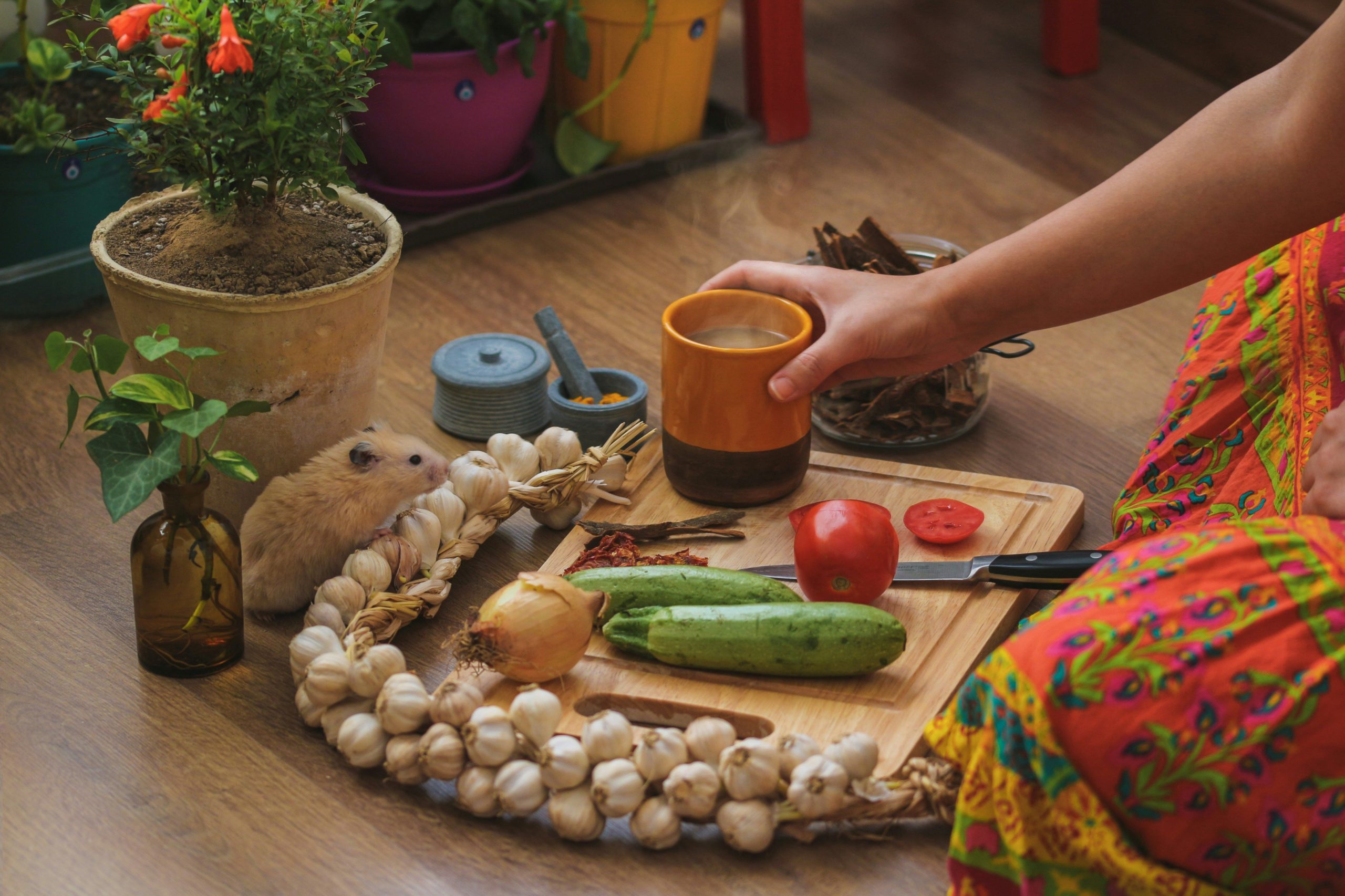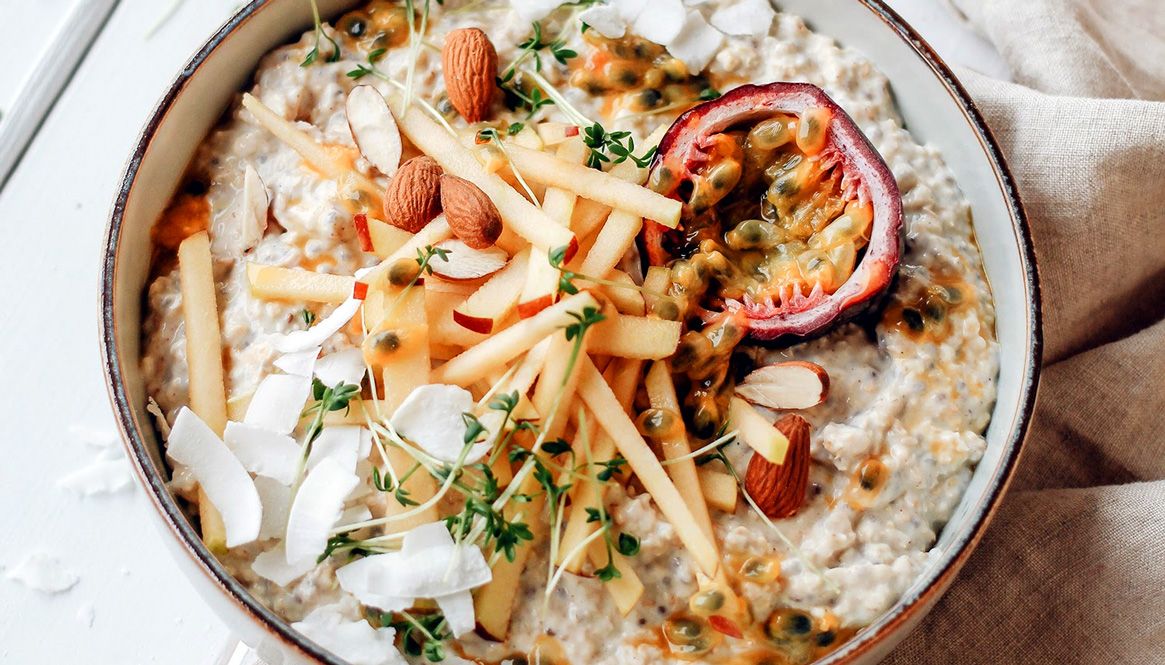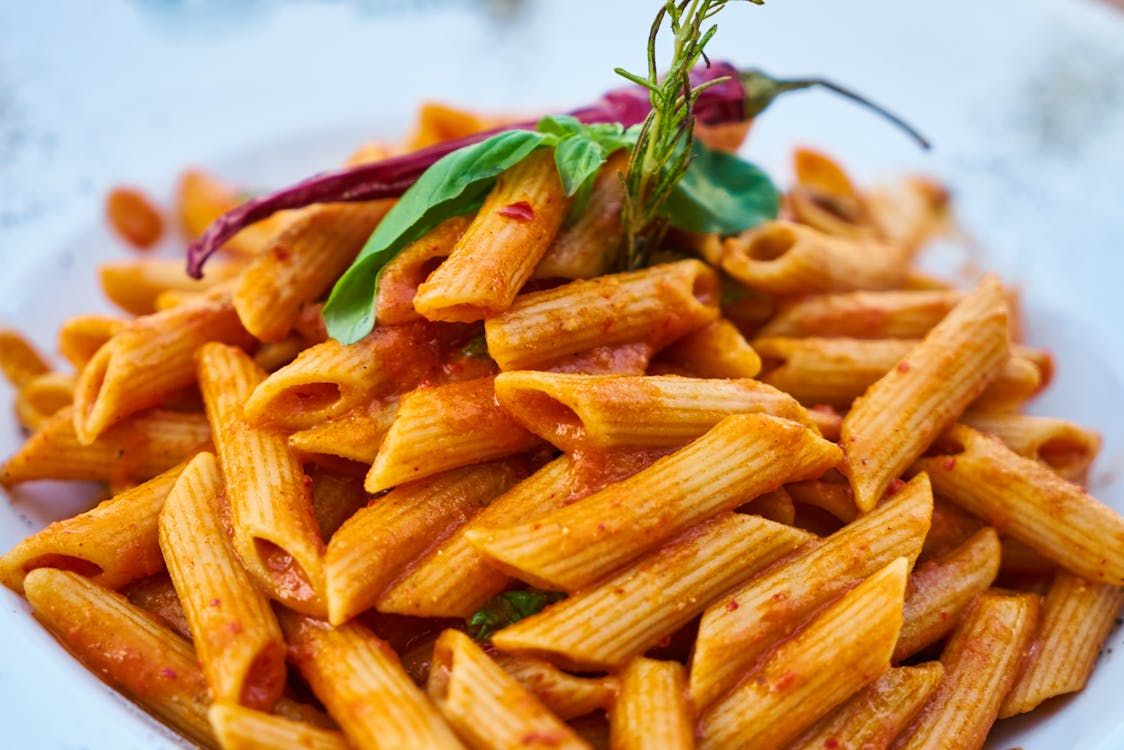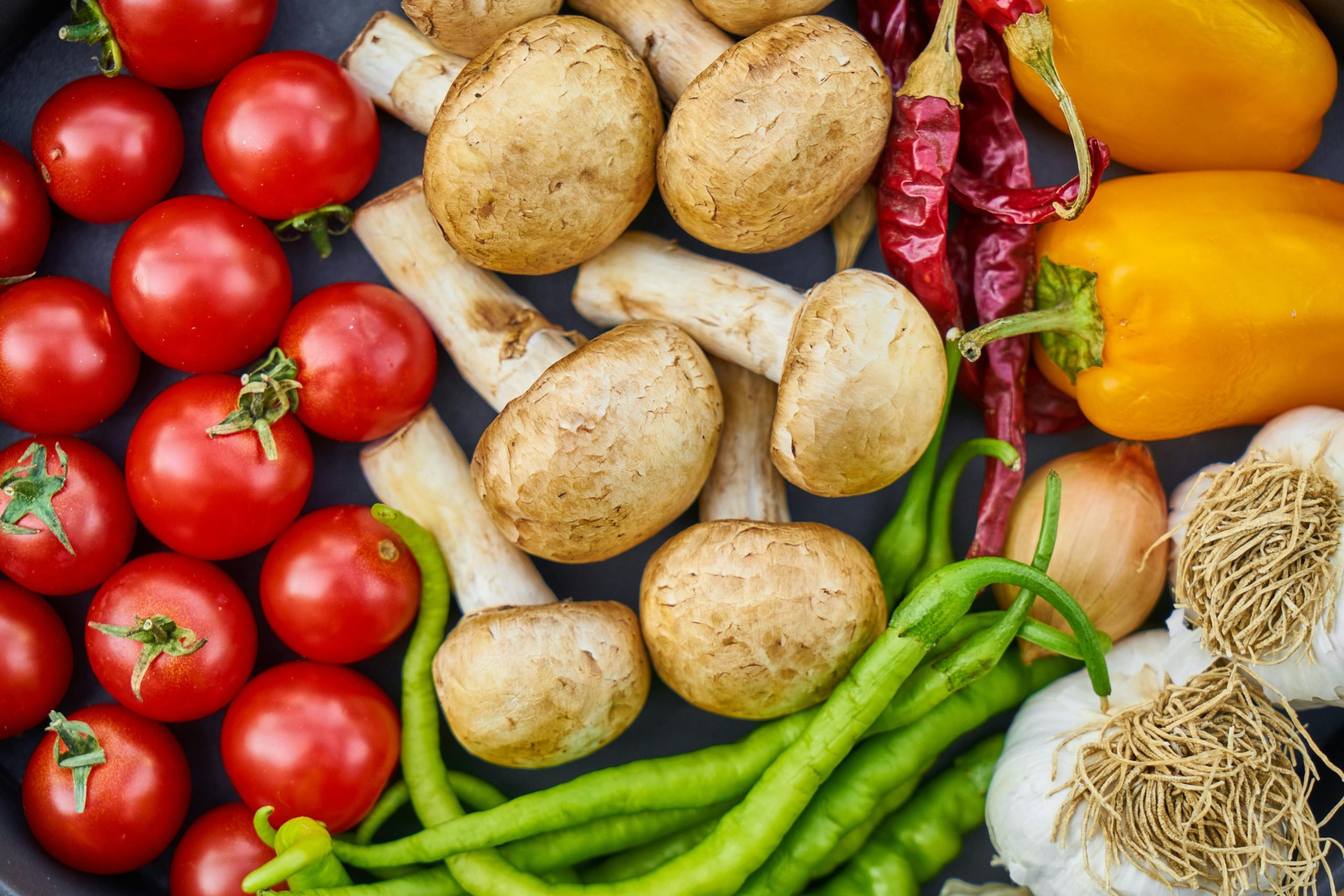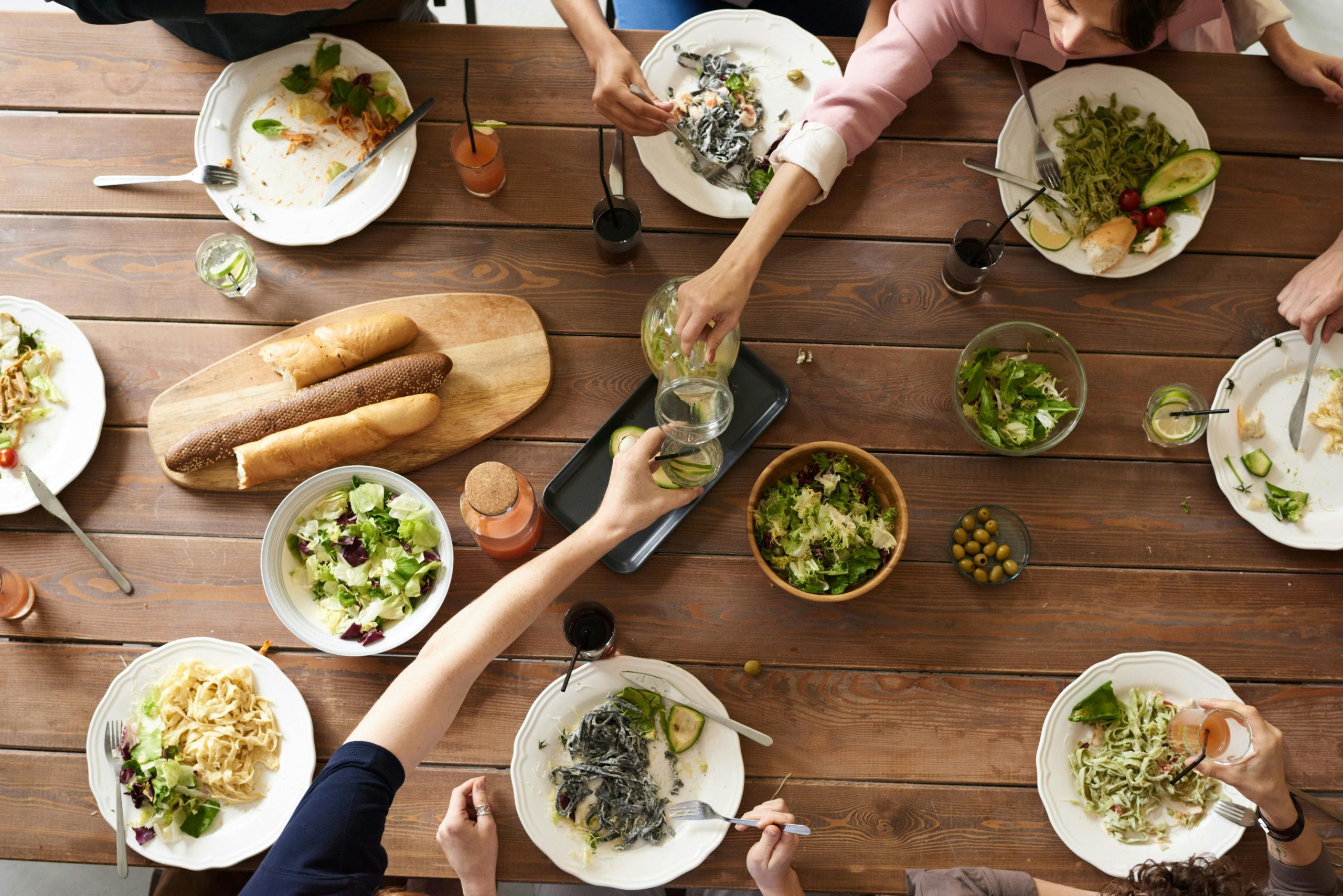Ever wondered how to bring the world’s flavours into your kitchen?
Many of us yearn to cook like the locals when we travel, but finding the right starting point can be daunting.
Local cuisine cooking classes offer the perfect solution, teaching you to prepare traditional dishes with local chefs and providing insights into the cultural significance of food.
This guide will explore the benefits of joining local cooking classes, dietary considerations, the role of agriculture, current offers, global locations, and tips for enhancing your culinary journey, making it an indispensable resource for food enthusiasts worldwide.
The Many Benefits of Joining Local Cooking Classes
Joining local cooking classes offers a wealth of benefits that go beyond simply learning new recipes. Firstly, these classes are a fantastic way to improve your culinary skills, whether you’re a beginner hoping to learn the basics or an experienced cook looking to refine your techniques. Instructors often focus on teaching fundamental skills such as knife handling, seasoning, and cooking methods that are essential for any aspiring chef. Additionally, participants have the chance to:
- Learn about unique ingredients and how to use them
- Master specific cooking techniques characteristic of the local cuisine
- Receive personalized feedback to improve their culinary abilities
Beyond the practical skills, local cooking classes provide an immersive cultural experience. By cooking traditional dishes under the guidance of local chefs, participants gain insights into the cultural significance of food in different regions. This not only enriches one’s appreciation for the cuisine but also fosters a deeper connection to the place and its people. Moreover, these classes are a great venue for socialising, offering opportunities to:
- Meet people with similar interests
- Build friendships that can last beyond the kitchen
- Share a communal experience that celebrates the joy of cooking and eating together
Dietary Considerations in Local Cooking Classes

Local cooking classes are designed to be inclusive, catering to a wide range of dietary restrictions and preferences. This inclusivity ensures that everyone, regardless of their dietary needs, can participate fully and enjoy the experience. Whether you’re vegetarian, vegan, gluten-free, or have specific food allergies, cooking classes often provide suitable alternatives and modifications to traditional recipes. This approach not only respects individual dietary requirements but also introduces all participants to diverse culinary techniques and ingredients.
To accommodate everyone, instructors in local cooking classes may:
- Offer ingredient substitutions that maintain the dish’s integrity while adhering to dietary restrictions
- Design recipes that are inherently flexible and can be easily adjusted
- Encourage open communication about dietary needs before the class begins
This level of consideration ensures that each cooking class is a welcoming and enriching experience, allowing everyone to explore new cuisines without compromising their health or beliefs.
Agriculture’s Role in Local Cuisine Cooking Classes
Agriculture’s role in local cuisine cooking classes cannot be overstated, as it fundamentally shapes the dishes prepared and the overall learning experience. By using ingredients sourced directly from local farms, cooking classes offer a unique opportunity to understand the seasonality and freshness of produce. This not only enhances the flavour of the dishes but also promotes a sustainable approach to cooking. Participants learn about:
- The importance of choosing seasonal ingredients
- The environmental benefits of supporting local agriculture
- The impact of fresh produce on the quality of culinary creations
Moreover, the connection between local agriculture and cooking classes fosters a deeper appreciation for the region’s culinary heritage. As chefs emphasize the use of locally-available produce, students gain insights into the agricultural practices that define the area’s gastronomy. This knowledge enriches the cooking experience, allowing participants to:
- Explore the diversity of local flavours and ingredients
- Understand the cultural significance behind each dish
- Create a direct link between the food on their plate and the land it comes from
This emphasis on local agriculture not only educates but also inspires students to incorporate sustainable practices into their own cooking, making the experience both enlightening and transformative.
Travel Tips for Cooking Class Enthusiasts
Planning an international culinary adventure requires some foresight, especially for those eager to combine travel with cooking classes. Booking your class in advance is crucial to secure a spot, particularly in popular destinations. It’s also wise to consider the proximity of accommodations to the class venue, as well as local transport options. Don’t forget to research local customs and language basics; even a few phrases can greatly enrich your interaction with chefs and fellow students. Lastly, packing appropriately for the kitchen—think comfortable shoes and clothes that you don’t mind getting a bit messy—is a must.
Exploring Beyond the Cooking Class
The experience of attending a local cuisine cooking class is significantly enriched by exploring the surrounding area. Before or after your class, take the opportunity to visit local markets and see where the ingredients you used come from. Engaging with local vendors and trying street food offers additional insight into the culinary culture. Many cooking schools are situated near places of cultural and historical significance, so visiting these sites can provide a fuller understanding of the region’s traditions and lifestyle, making your culinary journey a holistic adventure.
Discovering Cooking Classes Across US Cities
The United States is a melting pot of cultures, and this diversity is brilliantly reflected in the variety of cooking classes available across its cities. From the vibrant streets of New Orleans, where you can learn the secrets of Creole cuisine, to the bustling markets of New York City, offering everything from artisan bread-making to mixology classes, there’s no shortage of culinary education to explore. These classes not only teach cooking techniques but also immerse participants in the cultural heritage of each cuisine, making the learning experience both enriching and enjoyable.
Key highlights include:
- Heirloom Kitchen in New Jersey, famous for its trendy and health-conscious dishes.
- Culinary Institute of America in California, offering a range of classes from farm-to-table cooking to wine pairing.
- Eataly locations in Chicago, Los Angeles, and New York City, where you can master Italian cooking from gnocchi to pizza making.
Each of these classes offers a unique glimpse into the culinary world, tailored to fit a variety of interests and skill levels, ensuring that everyone from beginners to experienced cooks can find something to enhance their culinary journey.
Mastering Fresh Pasta in Cooking Classes

Delving into the world of fresh pasta, cooking classes offer a unique opportunity to master this quintessential element of Italian cuisine. Guided by professional chefs, participants learn to mix, knead, and shape pasta dough into various forms, from the delicate strands of spaghetti to the plump pockets of ravioli. These classes not only teach the fundamentals of pasta making but also imbue learners with a sense of the tradition and passion behind each dish.
The journey of mastering fresh pasta in cooking classes is as enriching as it is educational. Students are encouraged to experiment with different flour types and hydration levels, discovering how these factors affect the dough’s texture and the pasta’s final taste. Through hands-on experience, participants gain:
- Confidence in rolling and cutting pasta by hand
- Knowledge of pairing pasta shapes with appropriate sauces
- Insights into the Italian culinary tradition and its emphasis on simplicity and quality ingredients
The Art of Pizza Making in Cooking Classes

Pizza making classes stand out in the culinary world for their blend of history, skill, and creativity. Participants dive into the origins of pizza, learning how this beloved dish evolved from a simple street food in Naples to a global phenomenon. Professional chefs guide students through the art of crafting the perfect dough, selecting top-quality ingredients for toppings, and mastering the baking process to achieve that iconic crispy yet fluffy crust.
Beyond the technical skills, pizza making classes are a celebration of culinary creativity and community. Students are encouraged to:
- Experiment with traditional and innovative toppings
- Understand the importance of dough fermentation for flavour development
- Enjoy the communal joy of sharing their handmade pizzas
This hands-on approach not only equips learners with the ability to recreate authentic pizzas at home but also fosters a deeper appreciation for the cultural significance of this universally loved dish.
Fun-Filled Cooking Classes for Kids
Cooking classes for kids are not just about teaching them how to cook; they’re about sparking a lifelong passion for culinary arts in a fun and engaging way. By incorporating games, interactive learning, and hands-on activities, these classes ensure that children enjoy every moment while picking up essential cooking skills. Key aspects of these classes include:
- Making cooking fun with creative recipes
- Encouraging teamwork among young chefs
- Using colourful and safe kitchen tools designed for kids
Beyond the fun, these classes are deeply educational, laying the foundation for healthy eating habits and fostering an appreciation for diverse cuisines from a young age. Children learn about:
- The importance of fresh ingredients and balanced meals
- Basic cooking techniques and kitchen safety
- The cultural stories behind different dishes
This holistic approach not only teaches kids how to cook but also instils in them a love for cooking that can last a lifetime, making these classes a valuable investment in their future.
Group Cooking Classes for Team Building
Group cooking classes have emerged as a fantastic way to bolster team spirit and foster collaboration within a group. By engaging in the shared goal of preparing a meal, participants naturally enhance their ability to work together, communicate effectively, and delegate tasks. This not only leads to a delicious outcome but also mirrors the dynamics of a successful workplace team. Key benefits of these classes include:
- Improving communication and collaboration
- Encouraging creative problem-solving
- Strengthening interpersonal relationships
Beyond the practical skills of cooking, these classes offer a unique platform for team members to step out of their usual roles and interact in a new context. This can lead to a deeper understanding of each other’s strengths and weaknesses, fostering a more cohesive and supportive work environment. Importantly, the lessons learned and the camaraderie built during these cooking classes can translate directly back to the workplace, enhancing overall team dynamics and productivity.
Enhance Your Culinary Journey with INDULGE
Enhancing your culinary journey goes beyond the classroom; it involves immersing yourself in the local food culture and history. INDULGE offers this unique opportunity through its curated culinary tours and exclusive dining experiences in Zurich. By participating, you not only learn about cooking but also:
- Dive deep into Zurich’s rich culinary history
- Enjoy guided tours led by local experts
- Experience Swiss culinary specialties and international cuisine
To truly elevate your cooking class experience, exploring INDULGE’s offerings is a must. Whether you’re a food enthusiast or a curious tourist, these tours provide an unparalleled insight into Zurich’s gastronomic landscape. For those ready to take their culinary journey to the next level, visit INDULGE and discover:
- Exclusive Wine & Dine experiences
- Signature walking tours in Old Town Zurich
- A deep dive into local food history and international food scenes
Frequently Asked Questions
Where can I learn cooking basics?
Local cooking classes around the world offer a fantastic way to learn cooking basics. These classes are designed for individuals at various skill levels, including beginners hoping to learn the fundamentals. Instructors focus on teaching essential culinary skills such as knife handling, seasoning, and cooking methods, which are crucial for anyone looking to improve their culinary abilities.
How can I learn to cook food?
You can learn to cook food by joining local cooking classes, where you’ll have the opportunity to improve your culinary skills, learn about unique ingredients, and master specific cooking techniques characteristic of the local cuisine. These classes are designed to be inclusive, catering to a wide range of dietary restrictions and preferences, and provide a rich, immersive cultural experience under the guidance of local chefs.

